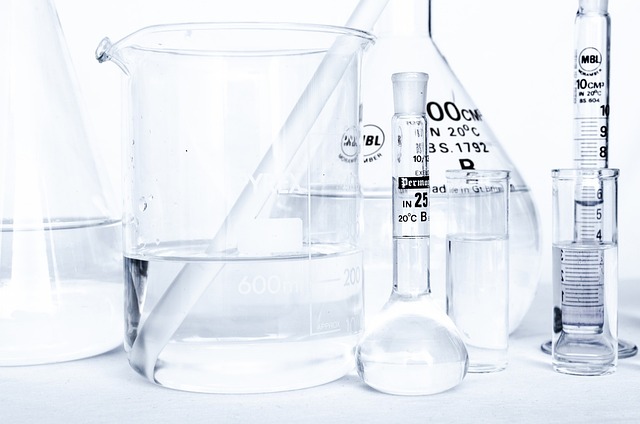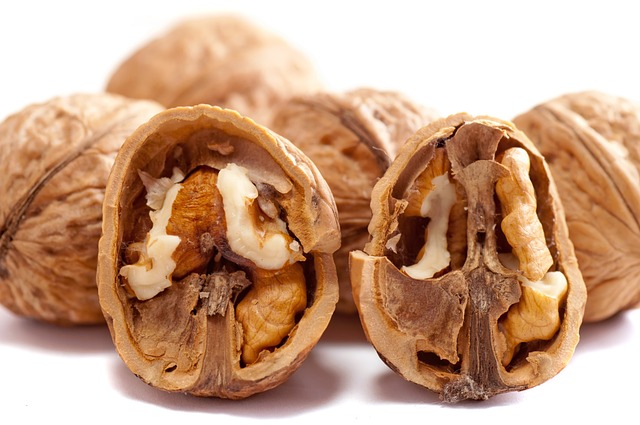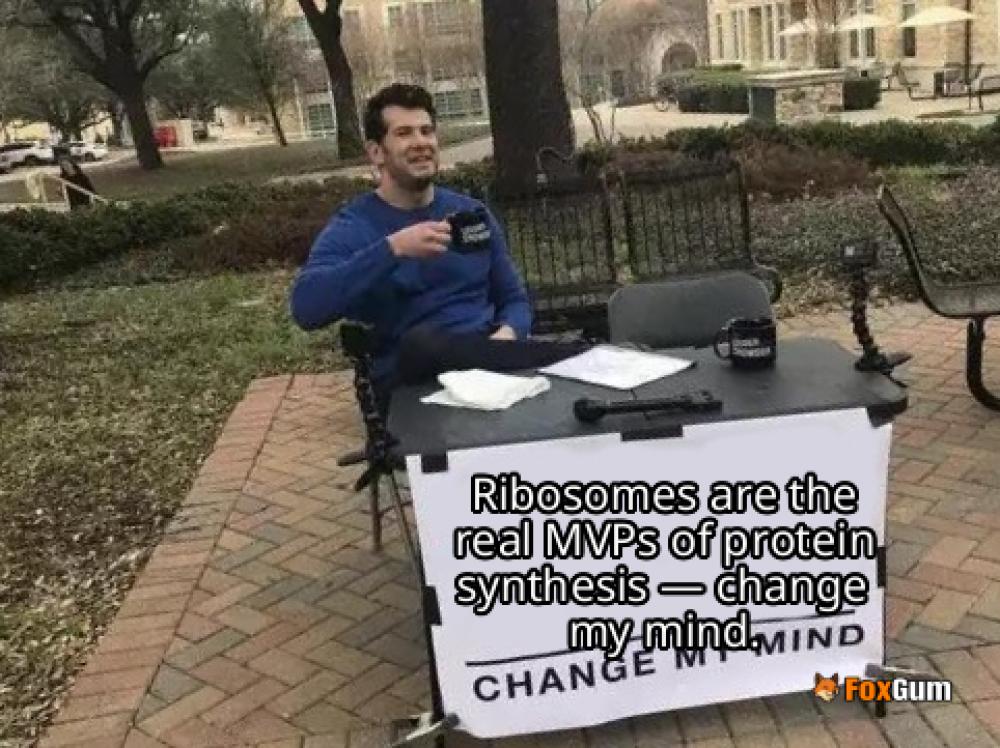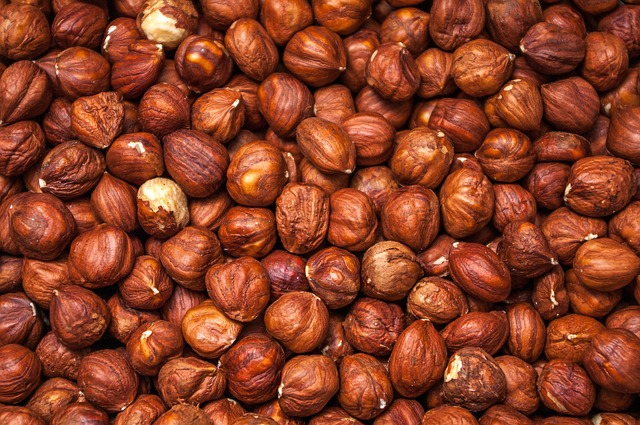
Reaction Mechanisms
Introduction
Understanding reaction mechanisms is a fundamental aspect of chemical kinetics. It involves studying how reactants transform into products at a molecular level. By analyzing the rates of reactions and the changes in concentration of substances over time, chemists can deduce the sequence of events that occur during a chemical reaction.
What is a Reaction Mechanism?
A reaction mechanism is a detailed description of the stepwise process through which reactants convert into products. Each step in this process is known as an elementary reaction, which typically involves one, two, or occasionally three molecules, ions, or atoms. The overall mechanism encompasses all these elementary reactions, providing insight into how the reaction proceeds.
Importance of Studying Reaction Mechanisms
Studying reaction mechanisms is crucial for several reasons:
- Understanding Molecular Interactions: It reveals how individual particles interact, which is essential for predicting the outcomes of reactions.
- Optimizing Reaction Conditions: Knowledge of the mechanism can help chemists optimize conditions such as temperature, pressure, and concentration to increase reaction efficiency.
- Developing New Reactions: Insights gained from mechanisms can lead to the development of new synthetic pathways in organic chemistry.
- Predicting Reaction Rates: Understanding the mechanism allows for better predictions of how fast a reaction will occur under various conditions.
Elementary Reactions
Elementary reactions are the building blocks of reaction mechanisms. Each elementary reaction represents a single step in the overall process. For example, consider a reaction that occurs in two steps:
- The first step involves the formation of an intermediate species.
- The second step involves the conversion of this intermediate into the final product.
By summing these steps and canceling out any intermediates that appear on both sides of the equation, one can derive the overall balanced chemical equation for the reaction.
Steps in a Reaction Mechanism
To illustrate the concept further, let’s break down the steps involved in a typical reaction mechanism:
- Initiation: This is the first step where reactants come together to form products.
- Propagation: The intermediate formed in the initiation step reacts further to produce more products.
- Termination: The reaction concludes when the products are formed, and no further reactions occur.
Conclusion
In summary, reaction mechanisms provide a comprehensive framework for understanding how chemical reactions occur at a molecular level. By studying these mechanisms, chemists can gain valuable insights into the nature of chemical processes, leading to advancements in various fields such as pharmaceuticals, materials science, and environmental chemistry.

















 What Are Amino Acids?
What Are Amino Acids? 
 Health
Health  Fitness
Fitness  Lifestyle
Lifestyle  Tech
Tech  Travel
Travel  Food
Food  Education
Education  Parenting
Parenting  Career & Work
Career & Work  Hobbies
Hobbies  Wellness
Wellness  Beauty
Beauty  Cars
Cars  Art
Art  Science
Science  Culture
Culture  Books
Books  Music
Music  Movies
Movies  Gaming
Gaming  Sports
Sports  Nature
Nature  Home & Garden
Home & Garden  Business & Finance
Business & Finance  Relationships
Relationships  Pets
Pets  Shopping
Shopping  Mindset & Inspiration
Mindset & Inspiration  Environment
Environment  Gadgets
Gadgets  Politics
Politics 